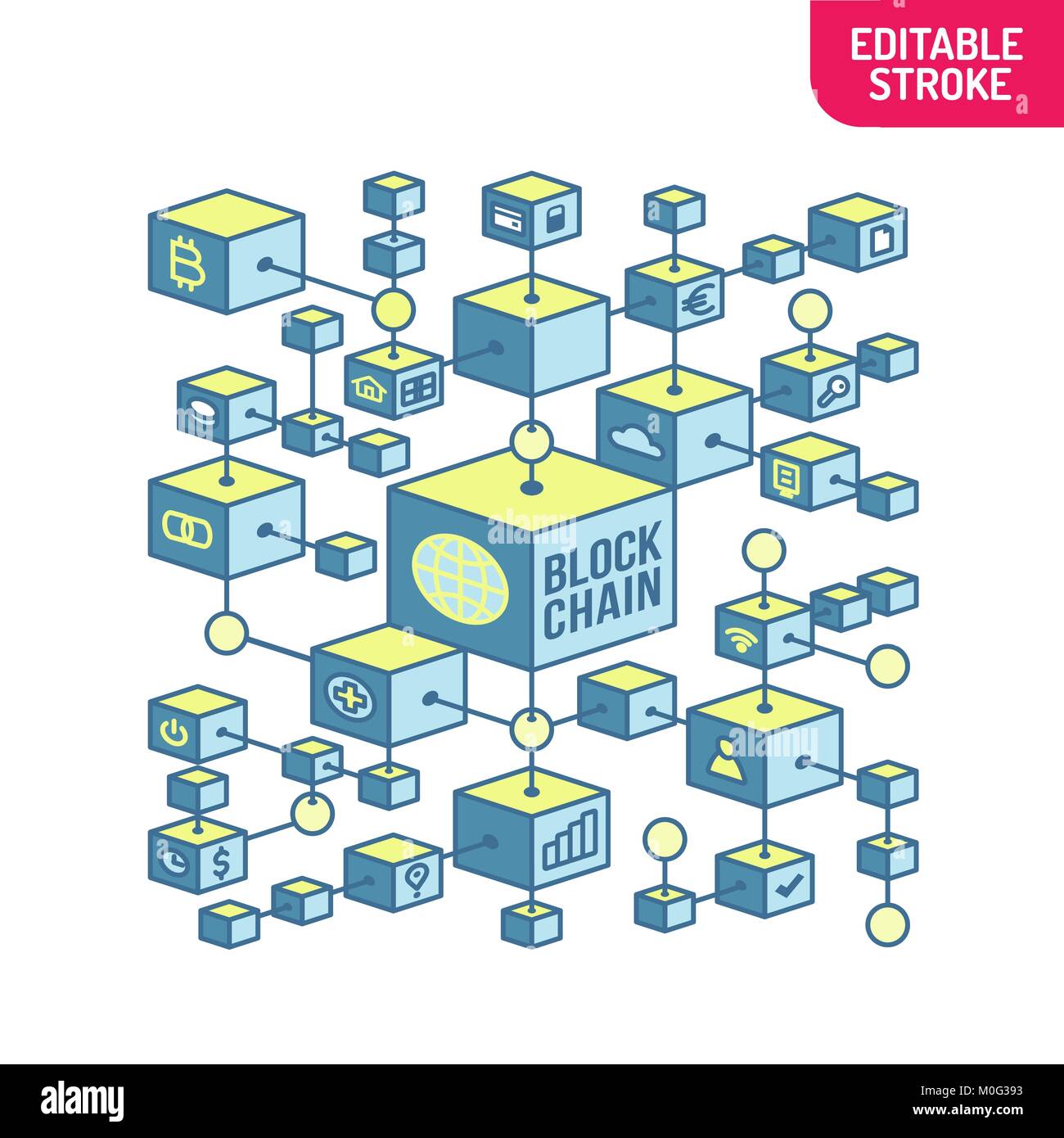

However, something is missing: disaster recovery.

Learn more about LiteFS in the LiteFS docs and in our blog post introducing LiteFS.Īt Fly.io we’ve been using LiteFS internally for a while now, and it’s awesome! With LiteFS, you get the simplicity, flexibility, and lightning-fast local reads of working with vanilla SQLite, but distributed (so it’s close to your users)! It’s especially great for read-heavy web applications. That’s why we created LiteFS: an open source distributed SQLite database that lives on the same filesystem as your application, and replicates data to all the nodes in your app cluster. We love SQLite in production, and we’re all about running apps close to users. įor questions or additional information, contact the Office of Financial Aid 32.With Fly.io, you can get your app running globally in a matter of minutes, and with LiteFS, you can run SQLite alongside your app! Now we’re introducing LiteFS Cloud: managed backups and point-in-time restores for LiteFS-whether your app is running on Fly.io or anywhere else. Students still in need of emergency assistance can check other on-going resources such as the Student Life and Development Emergency Fund at. All available CARES Act funds have been awarded as of June 17 th.

Awards were made based on the order applications were received through June 17 th when the last available funds were awarded.Īre Emergency Grants available to help with expenses related to COVID-19?Īdditional Emergency Grants in 2020 were made to students between May 7 th and June 17 th based on the order applications were received. Eligible students who had additional expenses including items like food, housing, course materials, technology, health care, and child care were able to complete a brief application. These emergency funds could not be applied directly to institutional charges on a student’s account. Award amounts above the $250 base amount were determined by considering criteria that would indicate a greater risk of financial distress such as Federal Pell Grant eligibility and 1 st generation students.Ī portion of the funding was retained for distribution through an emergency grant program. The initial distribution was made to all eligible students with the exception of employees receiving tuition waivers and students who were enrolled in all online classes from the beginning of the semester. Cloud State University is making Emergency Financial Aid Grants to students through two methods.

Cloud State University has awarded Emergency Financial Aid Grants to 6,765 students. Cloud State University enrolled 6,944 students who were or could have been eligible to participate in the Title IV Federal Financial Aid programs of the Higher Education Act of 1965. These grants are designed to assist students with expenses related to the disruption of campus operations and services due to the coronavirus.ĭuring spring semester 2020, it is estimated that St. Cloud State University has distributed $3,910,882 in direct Emergency Financial Aid grants to students since receiving this funding. Cloud State University utilized the portion of CARES Act funding designated to assist with institutional expenses related to the COVID-19 pandemic. Department of Education which, among other requirements, assures that no less than 50 percent of these funds will be used to provide direct Emergency Financial Aid Grants to students impacted by the institution’s transition to distance education as a result of the coronavirus and subsequent declaration of a National Emergency. Cloud State University was approved to receive $7,821,764 through the Federal CARES Act and has completed a Certification and Agreement with the U.S. We know that these have been challenging times, and we hope that these funds will assist you in your ability to continue and finish your degree and graduate. Eligible expenses can include a student’s cost of attendance food, housing, course materials, technology, health care, and child care. The CARES Act requires that the money distributed to eligible students is used to cover their expenses related to the disruption of campus operations due to coronavirus. CARES Act is a federal law that provides money to students affected by the COVID-19 pandemic and economic downturn.


 0 kommentar(er)
0 kommentar(er)
